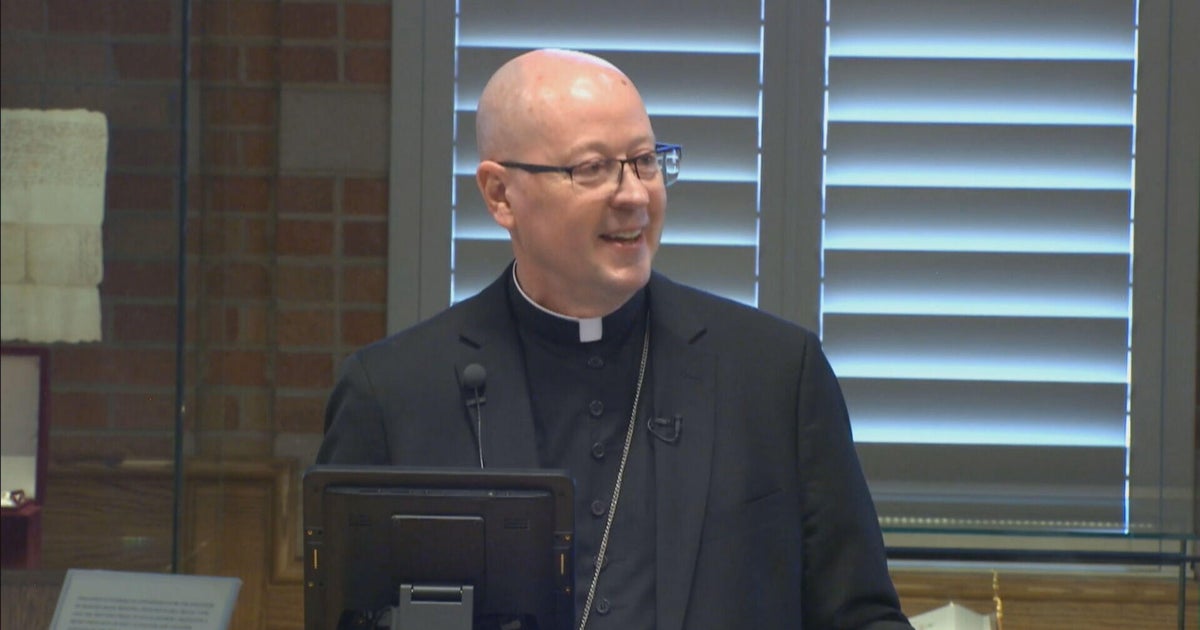Study: Are Millennials A Lost Generation?
By Chelsea Karnash
WASHINGTON, D.C. (CBS) – Millennials have received a lot of attention -- mostly unwanted -- since the recession.
Numerous studies have looked at their so-called "failure to launch" – why those born between the early 80s and the early 2000s are living at home longer, why so many in that age group are un- or under-employed.
But comprehensive research out of Georgetown University's Center on Education and the Workforce claims that shifting "economic realities" and an increasingly non-linear relationship between work, education and retirement is behind the lag in transition to adulthood, rather than laziness or dependency on parental units.
Referring to this time period as "a lost decade," the research notes that long-term structural changes in the economy have forced the age that workers reach median wage from 26 to 30, and that the need for "skill development after high school" has stalled the economic progress of young adults. Young African-Americans, especially, have been affected, with their average age of median wage attainment at 33.
Due to a number of factors, particularly the Great Recession, access to full-time jobs for young people has declined, and the participation level of young adults in the labor force has returned to its level in 1972 after a decline that began in the late 1990s and continued throughout the 2000s. The Georgetown University report says that this has been a particularly hard time for young men, young people with no education past high school and young African Americans.
Furthermore, "future prospects for young adults may be further compromised by a generational imbalance between young and old," researchers say. For example, between 1970 and 2010, Medicare and Social Security nearly doubled as a share of public spending, while spending on education and job training programs fell from 19 to 15 percent of public funding.
In short, the Georgetown research confirms what many people already know: The educational and labor institutions that worked in the 20th century simply don't work in the 21st century economy.
"The first step…is greater transparency in the alignment between postsecondary programs and career pathways. In addition, young adults will need to mix work and learning at earlier stages in the on-ramp to careers and older adults need a less abrupt transition from working to retirement," the Center writes. "At current productivity levels, the United States cannot afford all the post-secondary education it needs."
Of course, with the government shutdown well into its second week, how to implement this "new generational social compact" is a question no one seems capable of answering.
To see the full research report, click here.







